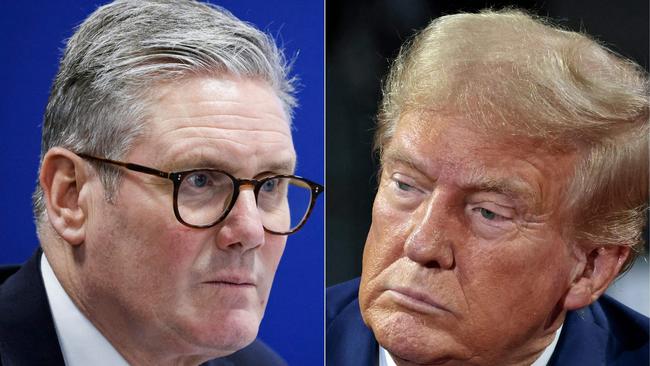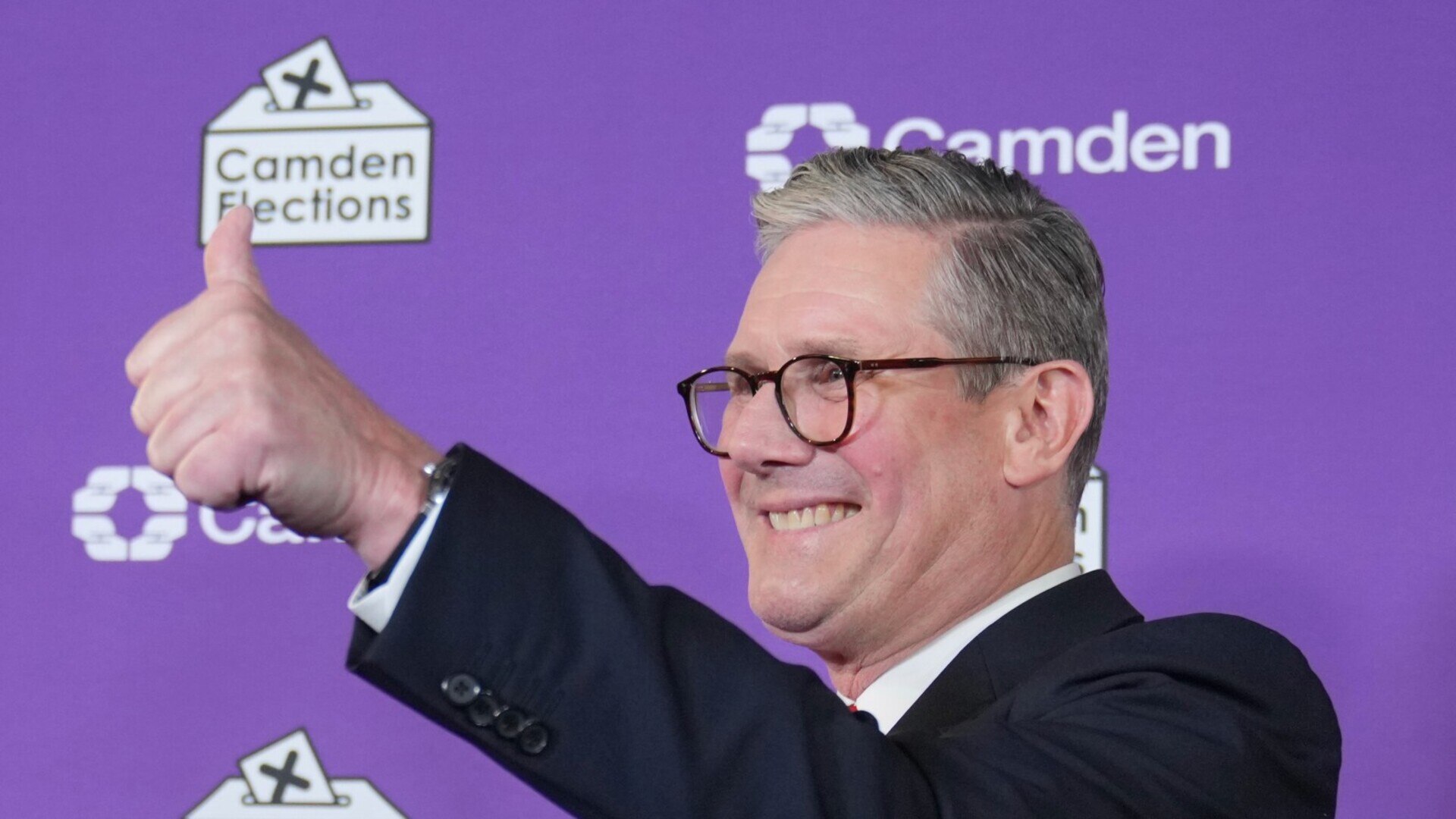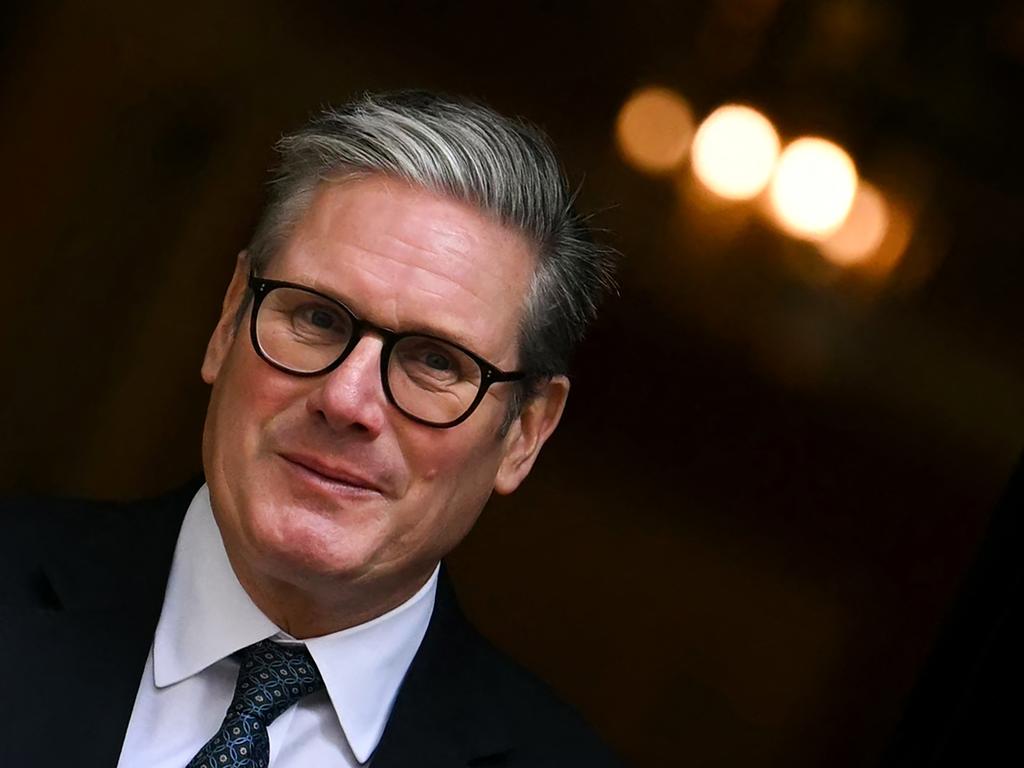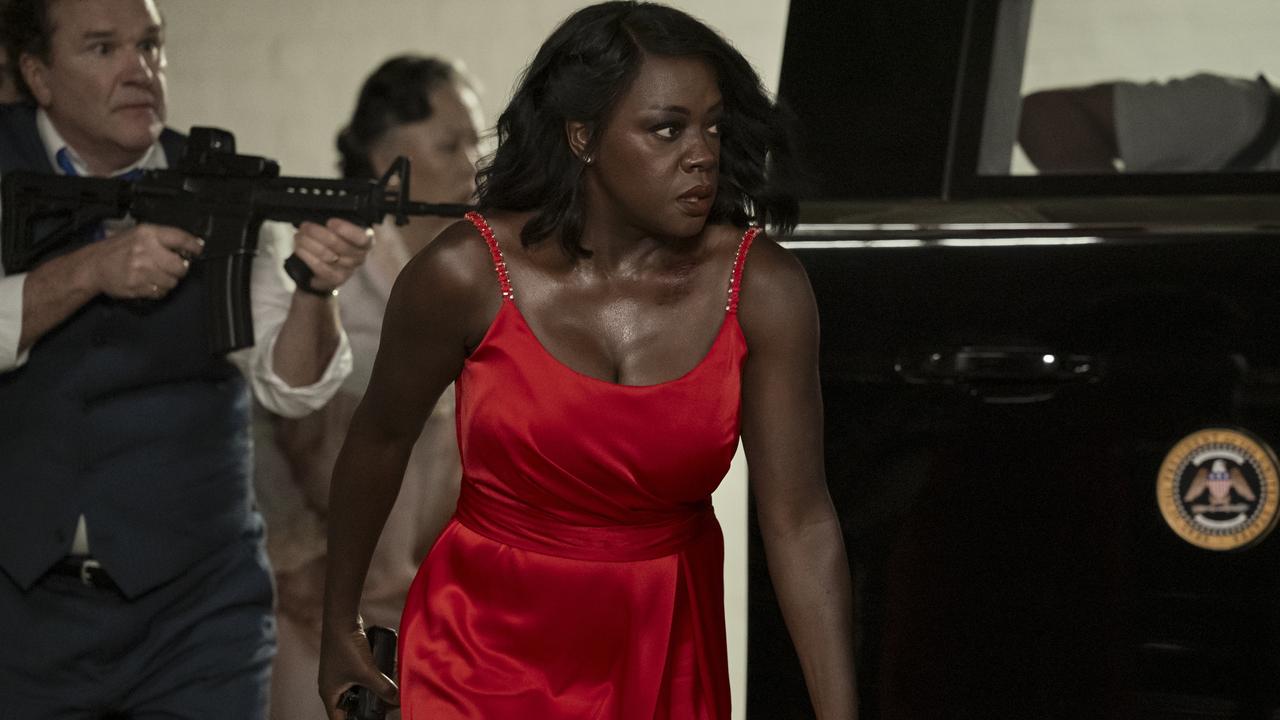Starmer set to resist Trump’s demand for higher defence spending
The British Prime Minister shared a ‘warm and personal’ phone call with his American counterpart, but is unlikely to grant Trump’s wish over military spending.

Sir Keir Starmer is expected to resist pressure from President Trump and the British military to increase defence spending to 2.5 per cent of GDP by 2030 because of concerns about the state of public finances, The Times has been told.
The two leaders spoke last night (Sunday) for the first time since Trump’s inauguration in a 45-minute call characterised as “warm and personal”. Earlier the president praised the prime minister for doing “a very good job” and suggested that his first official overseas trip could be to Britain.
The pair discussed the close ties between the UK and the US. Trump offered Starmer his condolences on the recent death of his brother and expressed his “respect and affection” for the royal family. They largely avoided flashpoint topics such as import tariffs, the Chagos Islands sovereignty deal and defence spending.
Before the conversation with Starmer, Trump had described the Gaza Strip as “a demolition site” and said he would “clean out” the territory, moving the Palestinians to Egypt and Jordan. The pre-war Palestinian population of Gaza was 2.3 million.
Details also emerged of a “horrendous” phone call between the president and the Danish prime minister in which he was said to have been aggressive in his wish to take over Greenland.
Trump has demanded that Nato members increase defence spending to 5 per cent of national income. However, the UK’s public finances have deteriorated and Rachel Reeves, the chancellor, is expected to announce further cuts to public spending.
Starmer has promised to increase defence spending from 2.3 per cent to 2.5 per cent and has commissioned a strategic defence review that is due to conclude in the spring. After that, the government will set a deadline for the 2.5 per cent target.
A senior government source said: “If we try to hit the target by 2030 it will mean deeper cuts to public services in the run-up to the election. It feels like a non-starter.” The next general election would be due by mid-2029.
A military source said: “The Treasury is putting its fingers in its ears again, saying it has to be 2.3 per cent, maybe it can be 2.5 per cent in the distant future. But that is going to lead to some very bad headlines about cuts to the military at a time of war in Europe.”
The government said claims that the target would not be hit this decade were “pure speculation”.

In their phone call, Starmer praised Trump for his help in negotiating the ceasefire deal in Gaza. The pair did not discuss the future of the Chagos Islands nor the prime minister’s proposal to transfer sovereignty of the Indian Ocean territory from Britain to Mauritius, a country with close economic ties to China. Negotiations between Britain and Mauritius have been halted to allow scrutiny by Trump.
His allies, including Marco Rubio, the secretary of state, and Mike Waltz, the national security adviser, have opposed any deal that cedes sovereignty of Diego Garcia - the site of a US military base - to Mauritius.
The relationship between No 10 and the Trump administration has already suffered setbacks. The appointment of Lord Mandelson as ambassador to the US angered senior Republicans including Chris LaCivita, Trump’s campaign adviser, who called the Labour grandee “an absolute moron” and said he should “stay home”.
Elon Musk, whom Trump appointed to cut government inefficiency, has been running an online campaign against Starmer, criticising his handling of the grooming gangs scandal.
Trump, however, was effusive when asked on Air Force One how he regarded Starmer. “I get along with him well. I like him a lot,” he told the BBC. “He’s liberal, which is a bit different from me, but I think he’s a very good person and I think he’s done a very good job thus far. He’s represented his country in terms of philosophy. I may not agree with his philosophy, but I have a very good relationship with him.”
Trump also said the UK was a potential destination for his first overseas visit. “It could be Saudi Arabia, it could be UK. Traditionally it could be UK,” he said. Starmer is also understood to be planning a visit to the US.
Trump ordered immediate 25 per cent tariffs on all Colombian goods coming into the US yesterday (Sunday) and the cancellation of visas for its entire government after President Petro denied landing permission for two US deportation flights carrying 160 migrants.
“These measures are just the beginning. We will not allow the Colombian Government to violate its legal obligations with regard to the acceptance and return of the Criminals they forced into the United States!” wrote Trump on his Truth Social media network. In an apparent effort to reduce the tension, Petro said later he was making available a presidential plane for the “dignified” return of Colombians. Trump did not immediately react to the offer.
Starmer faces pressure from his own government and military to commit himself to the 2.5 per cent defence spending target by 2030. A senior government source said: “Raising defence spending to 2.5 per cent is a lot cheaper than 20 per cent tariffs from the US.”
The Office for Budget Responsibility is expected to downgrade its growth forecasts on March 26, which would force Reeves into further spending cuts. A Whitehall source said that hitting 2.5 per cent would in effect force a return to austerity in some departments.
THE TIMES





To join the conversation, please log in. Don't have an account? Register
Join the conversation, you are commenting as Logout